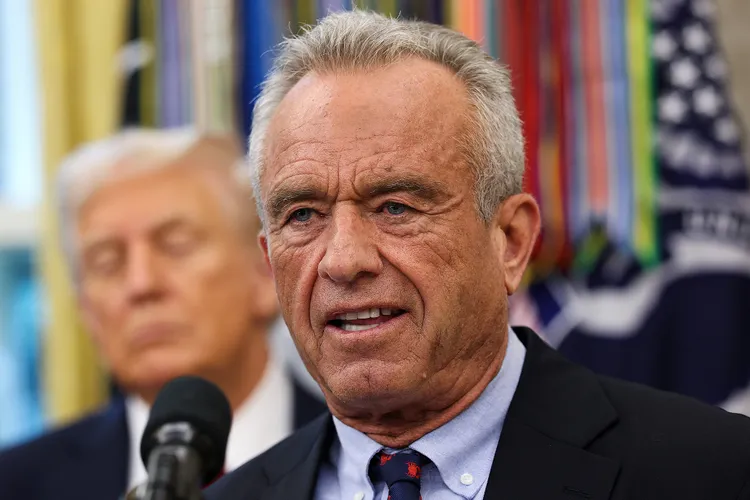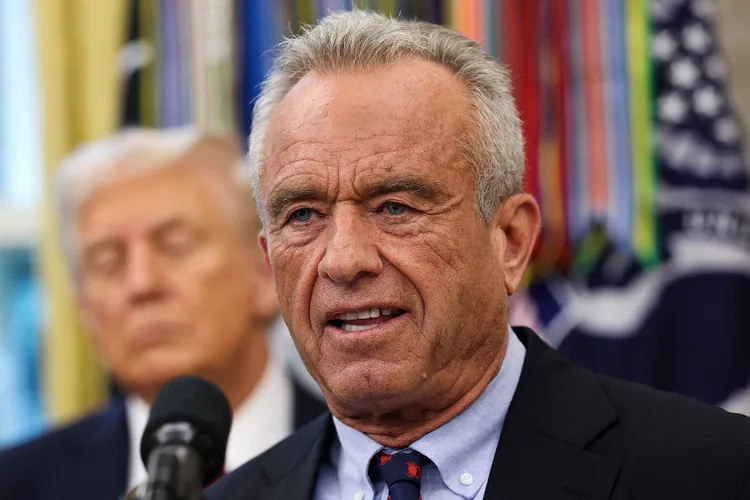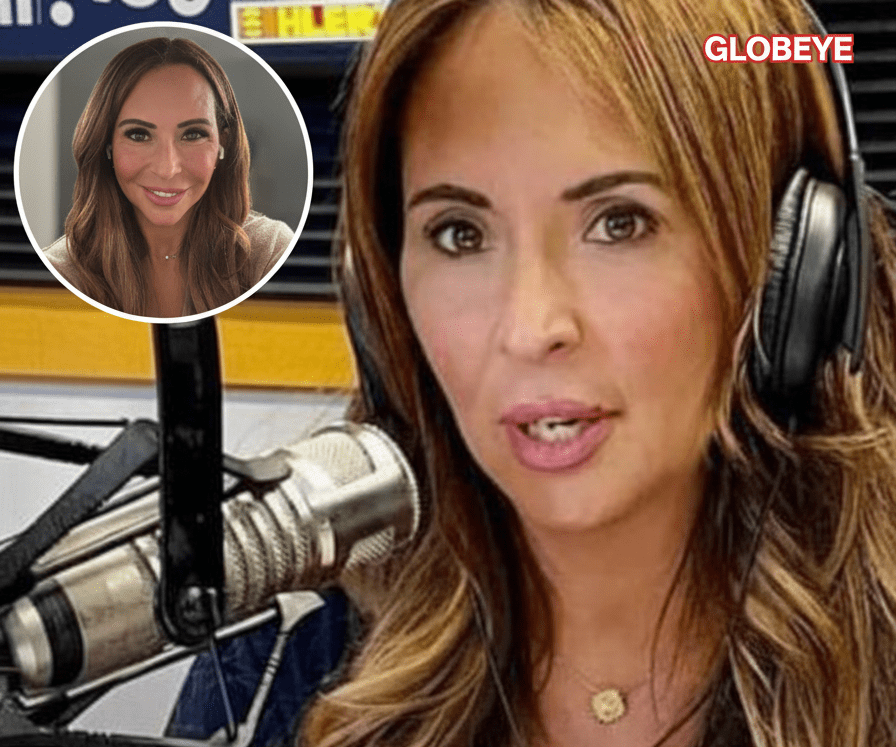RFK Jr. Says Boys Circumcised Early “Have Double the Rate of Autism,” But Scientists Warn the Claim Lacks Evidence
Robert F. Kennedy Jr. is facing sharp criticism after making an unsubstantiated claim linking early circumcision in boys to higher autism rates — a statement that health officials and medical experts have dismissed as scientifically unfounded.
During a Cabinet meeting on October 9, Kennedy, who currently serves as Health and Human Services Secretary, claimed there is “evidence” suggesting that boys who are circumcised early have “double the rate of autism.” The remark came as part of a broader discussion in which Kennedy repeated his long-held and controversial stance connecting childhood autism to the use of Tylenol during pregnancy — a theory that has also been consistently debunked by decades of peer-reviewed research.

Kennedy’s statements quickly drew widespread condemnation from scientists, doctors, and public health officials, who stressed that there is no reliable data linking circumcision to autism. The Centers for Disease Control and Prevention (CDC) and the American Academy of Pediatrics (AAP) both state that no credible study has ever demonstrated a cause-and-effect relationship between the two. Autism spectrum disorder (ASD), they emphasize, is a complex neurodevelopmental condition influenced by genetic and environmental factors — not by medical procedures like circumcision.
“Statements like this spread unnecessary fear and misinformation,” said Dr. Michael Siegel, a public health researcher at Brown University. “There is absolutely no scientific evidence to support the idea that circumcision has any connection to autism risk. It’s misleading and damaging, especially coming from someone in a position of influence.”
Kennedy’s remarks follow a familiar pattern for the 71-year-old politician and activist, who has long courted controversy for his skepticism toward vaccines and other public health recommendations. Despite widespread criticism, Kennedy has continued to push fringe theories about autism’s causes, often citing vague or disputed studies to justify his claims.

Autism experts have expressed particular concern about the harm such rhetoric can cause. “Every time a public figure repeats misinformation about autism, it distracts from real research and real needs,” said Dr. Wendy Chung, a geneticist and autism specialist. “Families deserve accurate information and support, not fear-based speculation.”
Circumcision — a procedure commonly performed for religious, cultural, or health reasons — has been studied extensively in the medical community. Researchers have found no link between the procedure and neurodevelopmental disorders. Most major medical bodies, including the World Health Organization (WHO), maintain that when done safely, circumcision can carry certain health benefits, such as reducing the risk of urinary tract infections and some sexually transmitted infections.
The backlash to Kennedy’s remarks has also reignited broader discussions about misinformation in politics and public health. Critics argue that Kennedy’s position as a high-ranking health official makes his statements particularly harmful, as they can appear to lend legitimacy to pseudoscience.
“The problem isn’t just that these claims are wrong — it’s that they come from someone who should know better,” said Dr. Peter Hotez, a professor of pediatrics and molecular virology. “People look to leaders for truth, especially about health. When falsehoods come from the top, they can spread faster and cause real damage.”
Kennedy has not issued a clarification or apology for his comments. Meanwhile, fact-checking organizations and medical groups have moved quickly to reaffirm that there is no evidence connecting circumcision or prenatal Tylenol exposure to autism.
For many families and advocates in the autism community, the frustration is all too familiar. “We’re tired of hearing our children’s condition used to push false narratives,” said one parent advocacy group in a public statement. “Autism isn’t caused by vaccines, medicine, or surgery. It’s part of human diversity — and misinformation only hurts families trying to find real answers.”
As the controversy continues, experts urge the public to rely on credible scientific sources rather than speculation or anecdotal claims. Autism, they remind, deserves compassion, understanding, and evidence-based discussion — not political soundbites.



